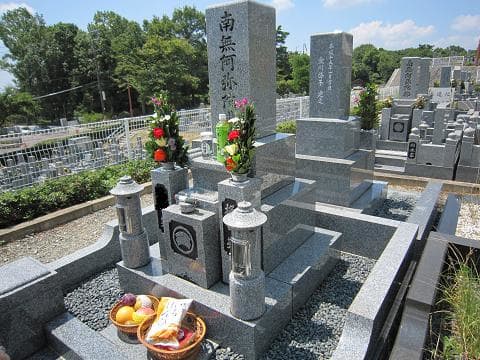Bon Holidays
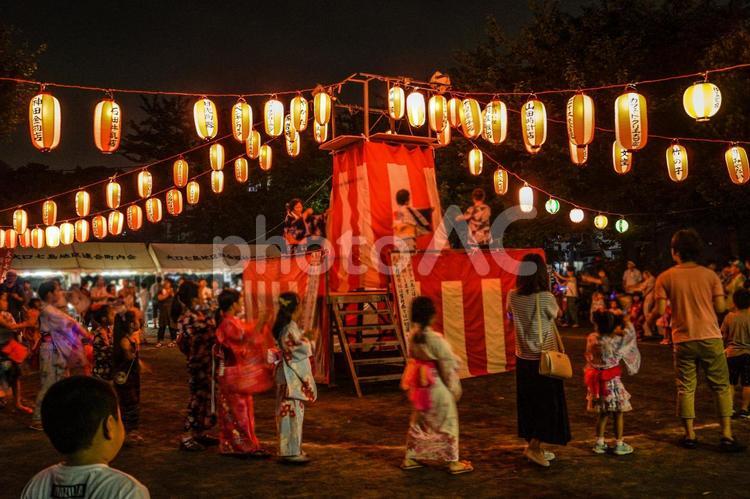
In Japan, we have a custom of taking consecutive holidays before and after the 15th of August, called BON-YASUMI (Bon holidays). These holidays usually last for about four days to one week. Many companies and shops, large and small, close their offices during this period to allow employees to return to their Furusato (hometown), visit their parents and grandparents, pay respects at their ancestors’ graves, and reconnect with old friends.
While some people take the opportunity to travel, the original purpose of Bon holidays is to return to one’s hometown and visit family graves. As you will understand from the following sections, Bon is one of the most important seasonal events for Japanese people, reminding them of their ancestors, their Furusato, and their family history. *For more details about
“Furusato,” please refer to the separate article.
Bon in August as well as in July
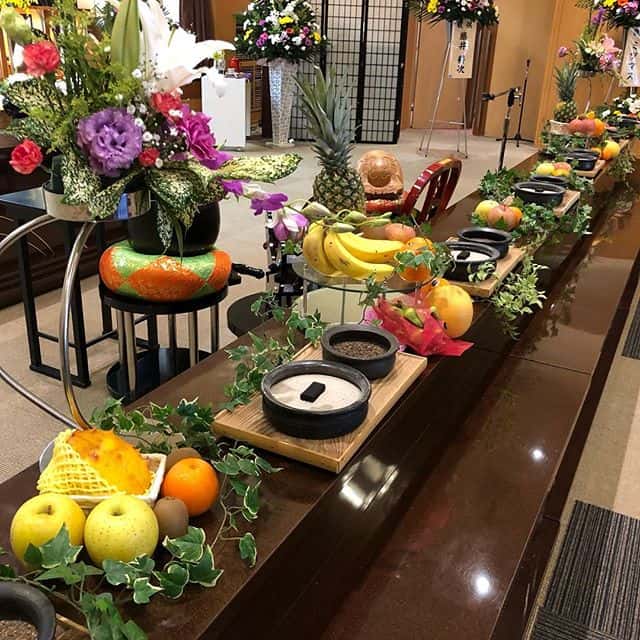
Bon is a Buddhist observance. The period and specific customs vary across regions and Buddhist sects in Japan. People pray for their deceased family members and ancestors by offering flowers, fruits, and vegetables on altars, expressing gratitude for the lives they now enjoy.
Bon was originally held on the 15th of July according to the lunar calendar, which was used in East Asia until Japan adopted the solar calendar in 1872. Despite the change, most regions in Japan continued to observe Bon in accordance with the lunar calendar, except Tokyo. Today, Bon is celebrated in August in most areas, and many companies schedule holidays for the week surrounding August 15.
Overcrowded Shinkansen, Airports, and Highways
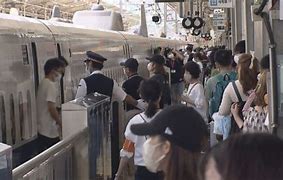
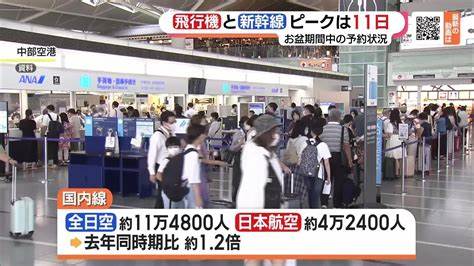
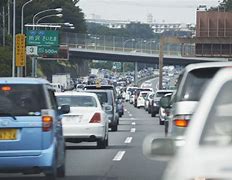
During Bon holidays, Shinkansen stations, airports, highways, and even hotels are extremely crowded—similar to the New Year holidays and Golden Week in May. Travelers from overseas should consider adjusting their travel plans if visiting Japan in August. Many Japanese travel with their families or return to their Furusato, making transportation between cities much slower than usual.
Derivation from “URA-BON-KYO 盂蘭盆経”
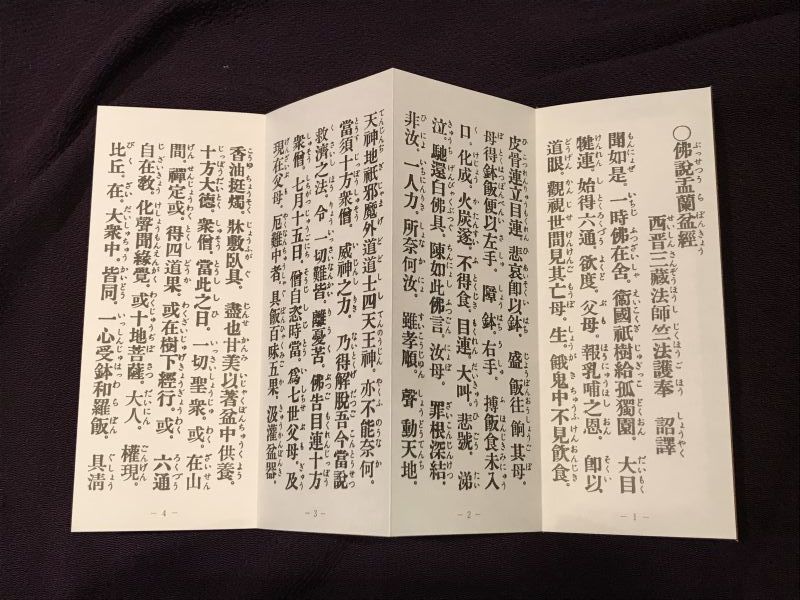
“Bon is an abbreviation of “URA-BON-E (盂蘭盆会),” a Buddhist ritual for praying to one’s deceased family members and ancestors on the 15th of July (lunar calendar). Buddhism originated in the 5th century B.C. in North India and was transmitted to China in the 1st century A.D., merging with Taoism and other local beliefs.
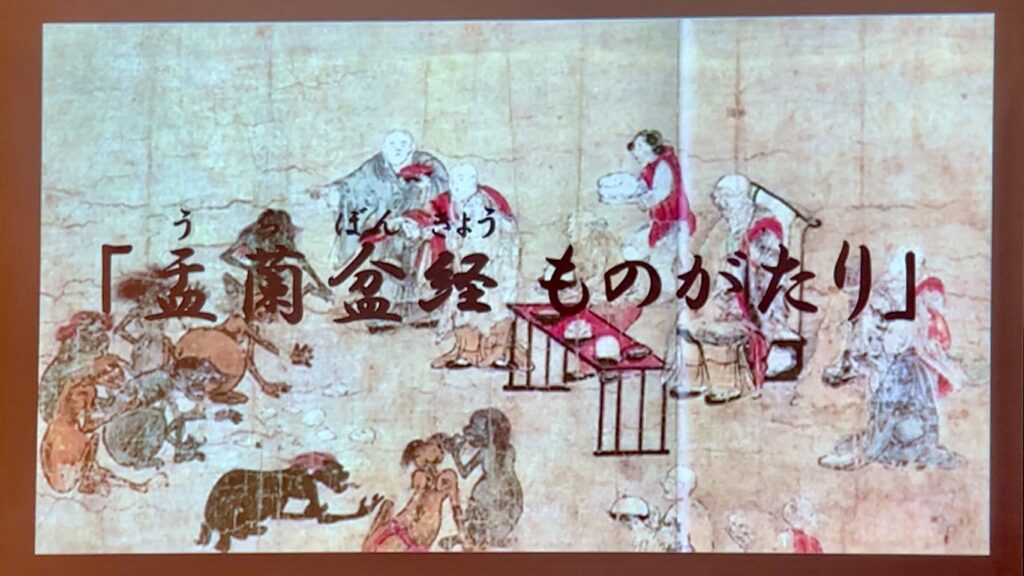
According to the sutra URA-BON-KYO (盂蘭盆経), one of Buddha’s ten great disciples, Mokuren, asked how he could rescue his mother who had fallen into hell. Buddha advised him to offer food to monks on the 15th of July, the last day of the summer training period (“ANGO 安居”). Following this, Mokuren’s mother was saved. The sutra teaches that offering food to monks and one’s ancestors can free them from suffering and bring longevity to the living. This belief spread throughout China and Japan
Bon in Japan
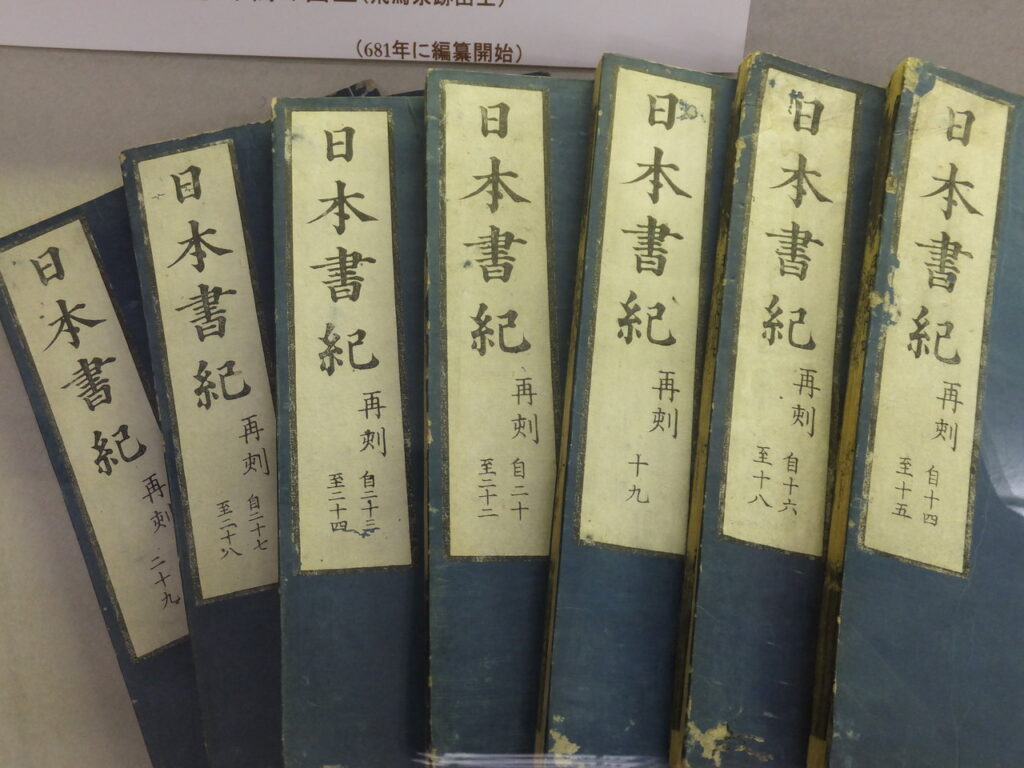
“O-Bon” is a day when many Japanese people pray for their ancestors. According to the Nihon Shoki (Chronicles of Japan), Emperor Saimei held an official Ura-Bon-E ceremony at temples in Kyoto on July 15 in the year 657. During the Nara and Heian periods (8th to 12th century), these rites became established as government rituals. By the Kamakura period (12th to 14th century), the practice expanded to include prayers not only for ancestors but also for all the deceased, and the custom spread throughout Japan.
Meet the Soul of the Dead
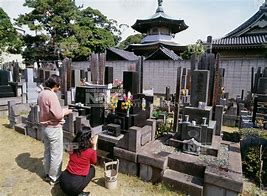
The current Bon customs in Japan are a blend of “Ura-Bon-E” and Japan’s indigenous ancestor spirit worship. Japanese people believe they are protected and guided by the spirits of their ancestors. There is a deep cultural appreciation for family lineage. Some even attribute negative events to ancestral misdeeds.
With such beliefs, many people visit Buddhist temples and family graves to express their respect and gratitude.
Summary
In Japan, even those who do not identify as Buddhists understand what Bon means and what should be done during this time. People go to temples and family graves during the Bon period in July or the “Old Bon” in August to pray for their ancestors and deceased family members.
During the “Old Bon” period, from August 13 to 16, many companies close to allow employees to return to their hometowns. If people cannot visit their family graves because they live far away, they may visit major temples such as Sensoji in Tokyo to pray for their ancestors.


